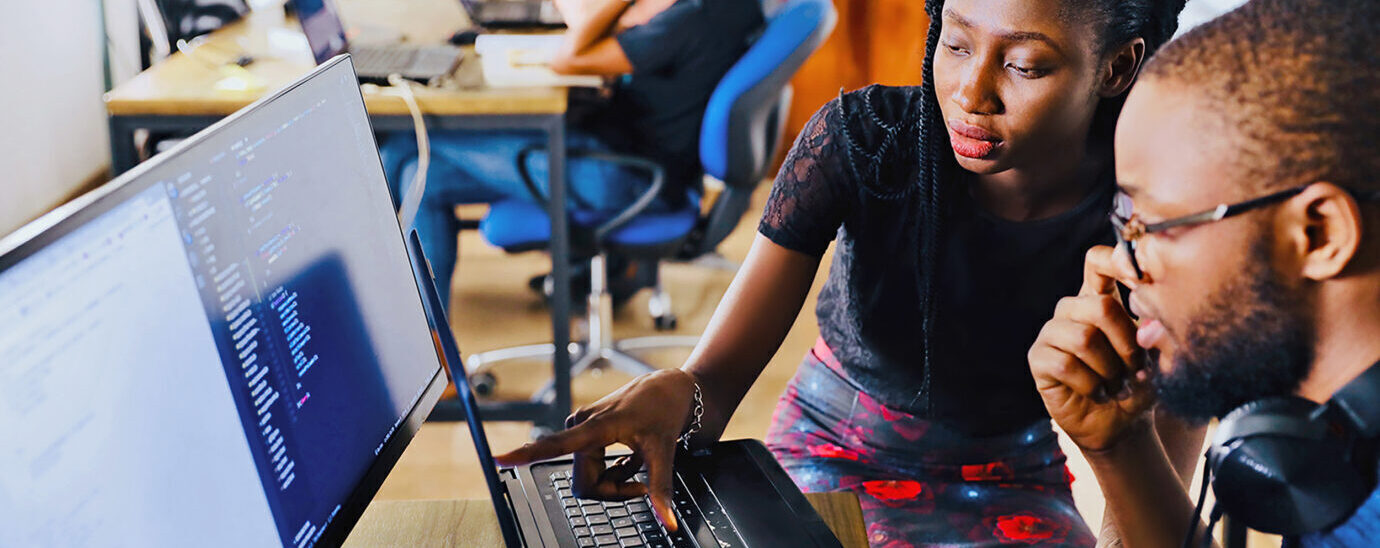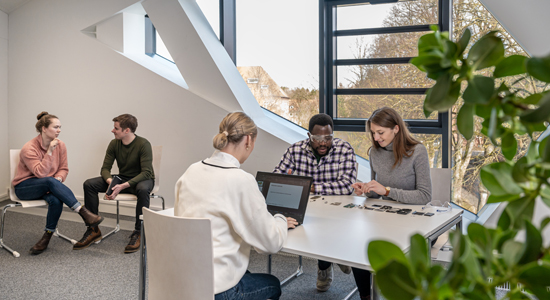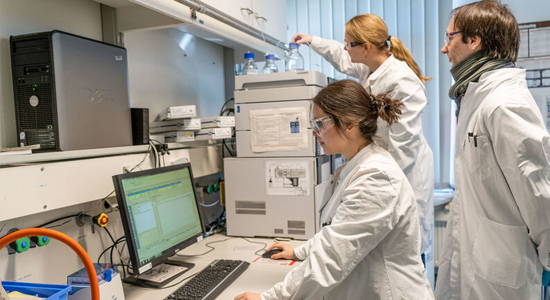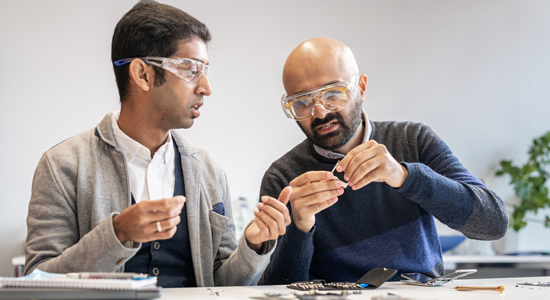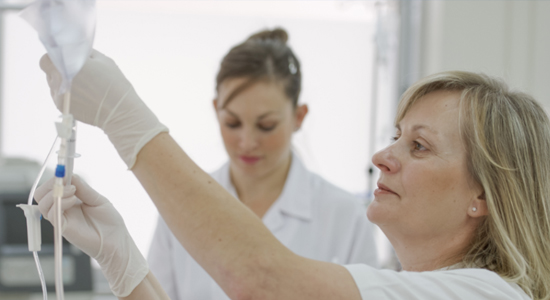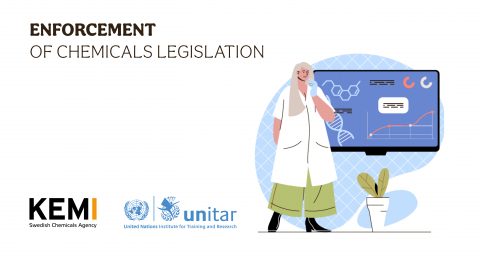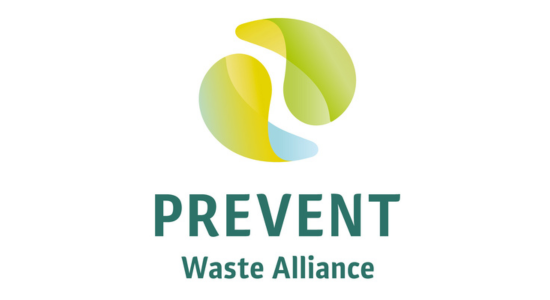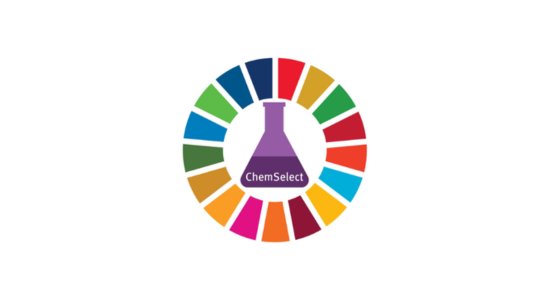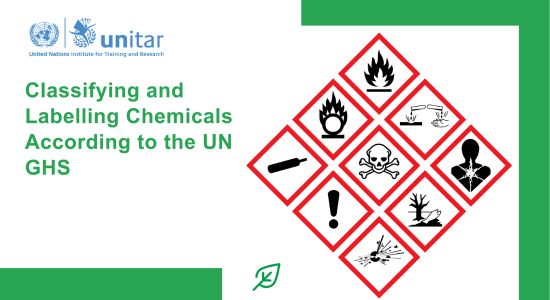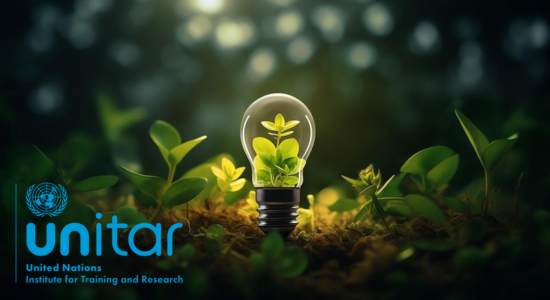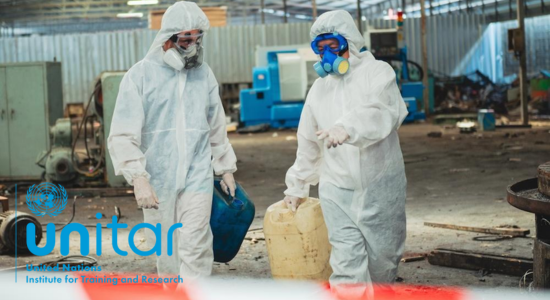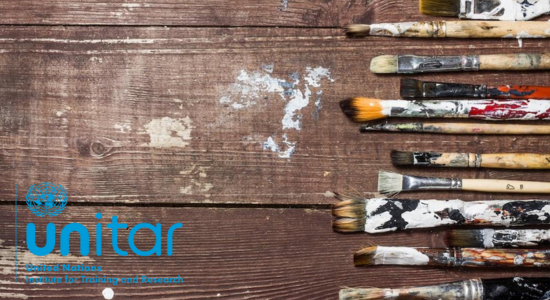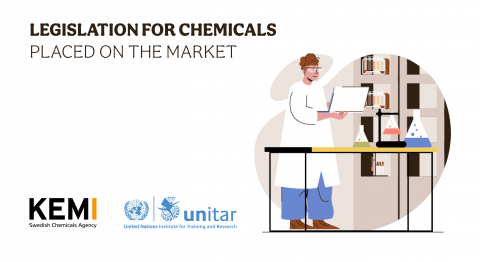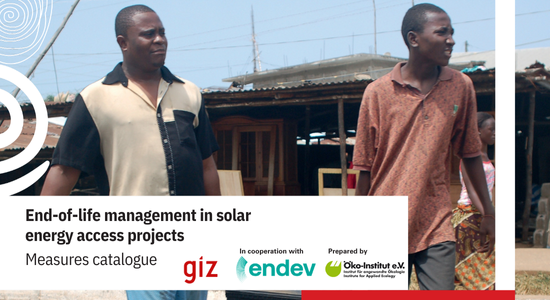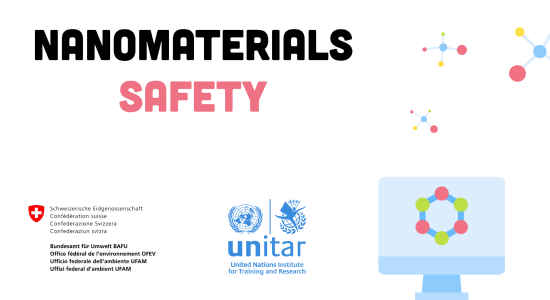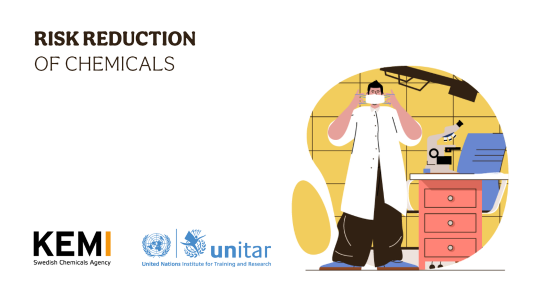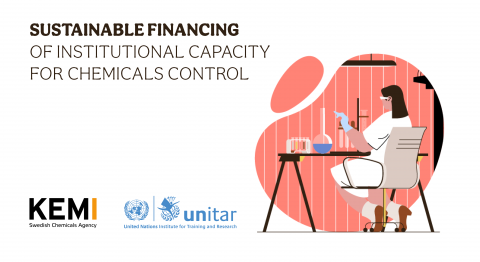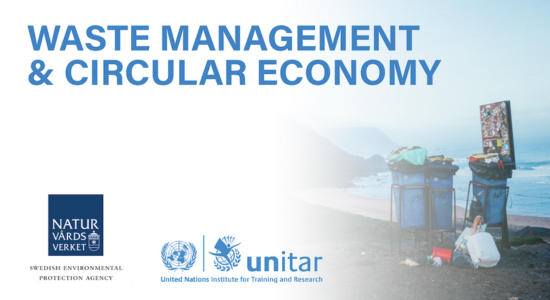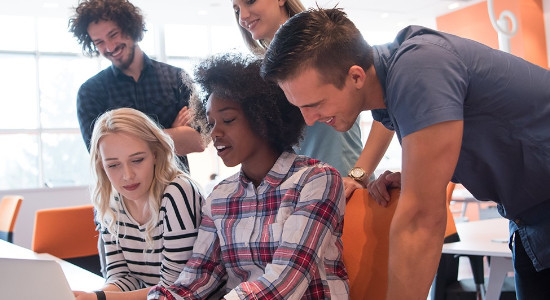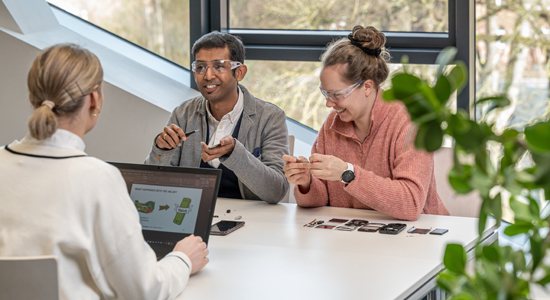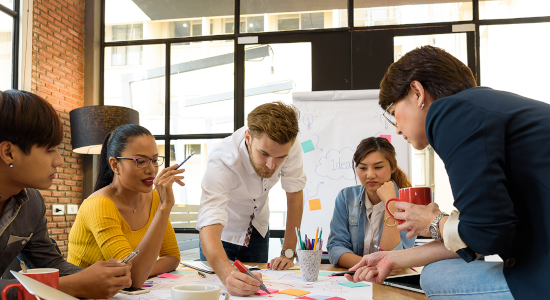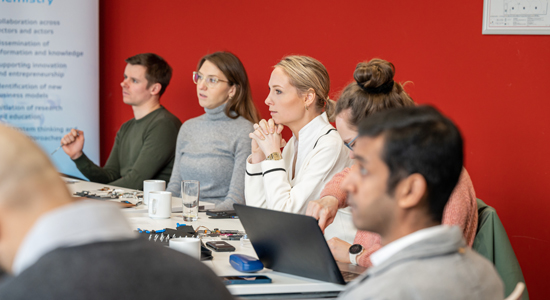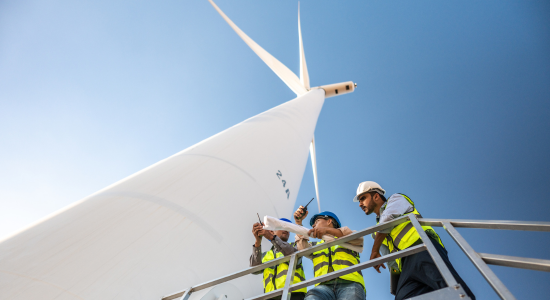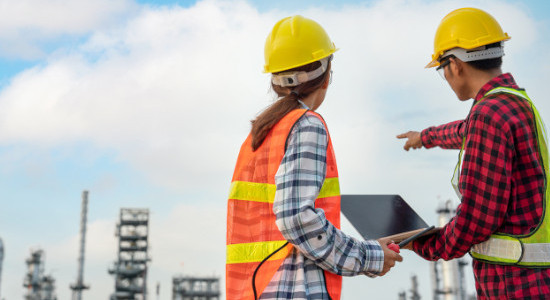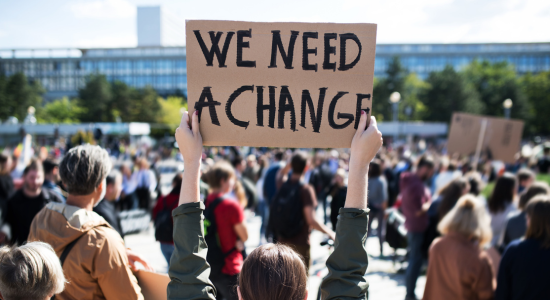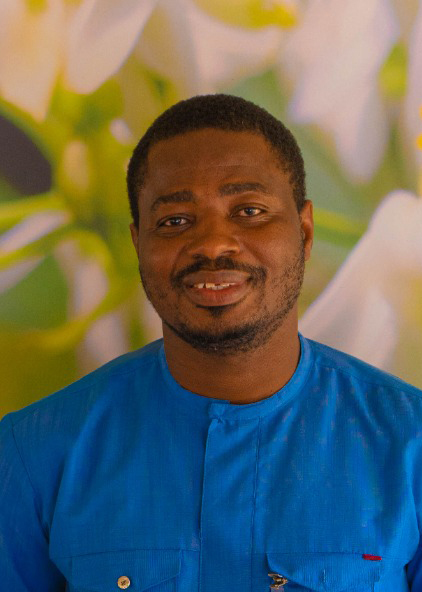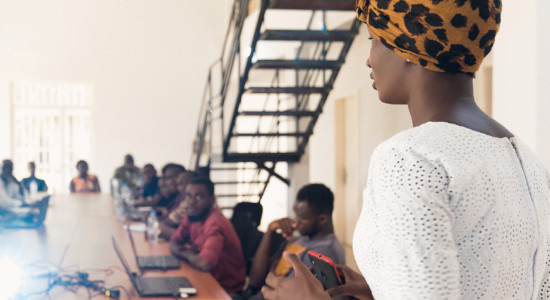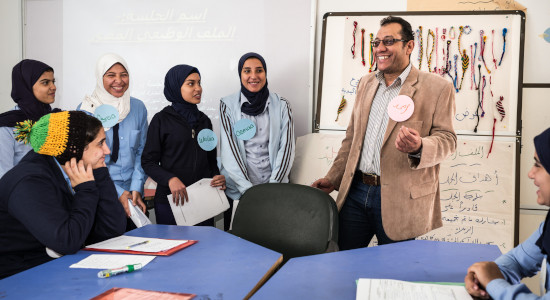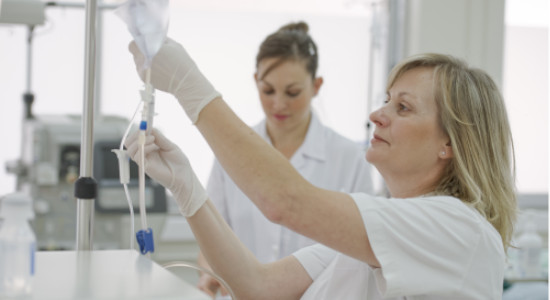Sustainable Change
Driving change through broadcasting knowledge on Sustainable Chemistry.
One major key to achieve the United Nations Sustainable Development Goals is the transformation to Sustainable Chemistry.
The chemical sector consumes 10% of the world's total energy and contributes to 8% of greenhouse gas emissions. At the same time 90% of global production depends on chemical products.
The chemical industry and downstream sectors using chemicals and materials touch nearly every manufacturing and service sector worldwide and are deeply connected with humanity's way of living. That is why it is essential to learn more about how the chemical sector can become sustainable.
In order to ensure a rather controlled and fair transition to Sustainable Chemistry, a strong focus on capacity building measures and exchange on good practices has to be ensured. The ISC3 will constantly extend its Training portfolio below.
The ISC3 created and collected various on-demand trainings, self-paced online learning courses, study courses and an online library for you to dive into. Check out the training portfolio below that will be extended constantly.

